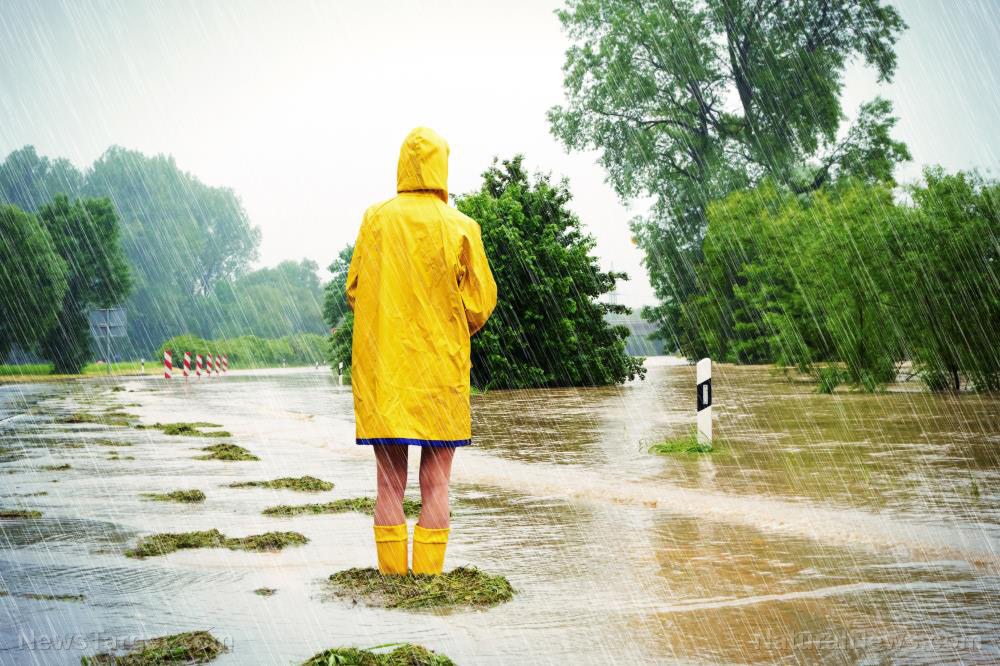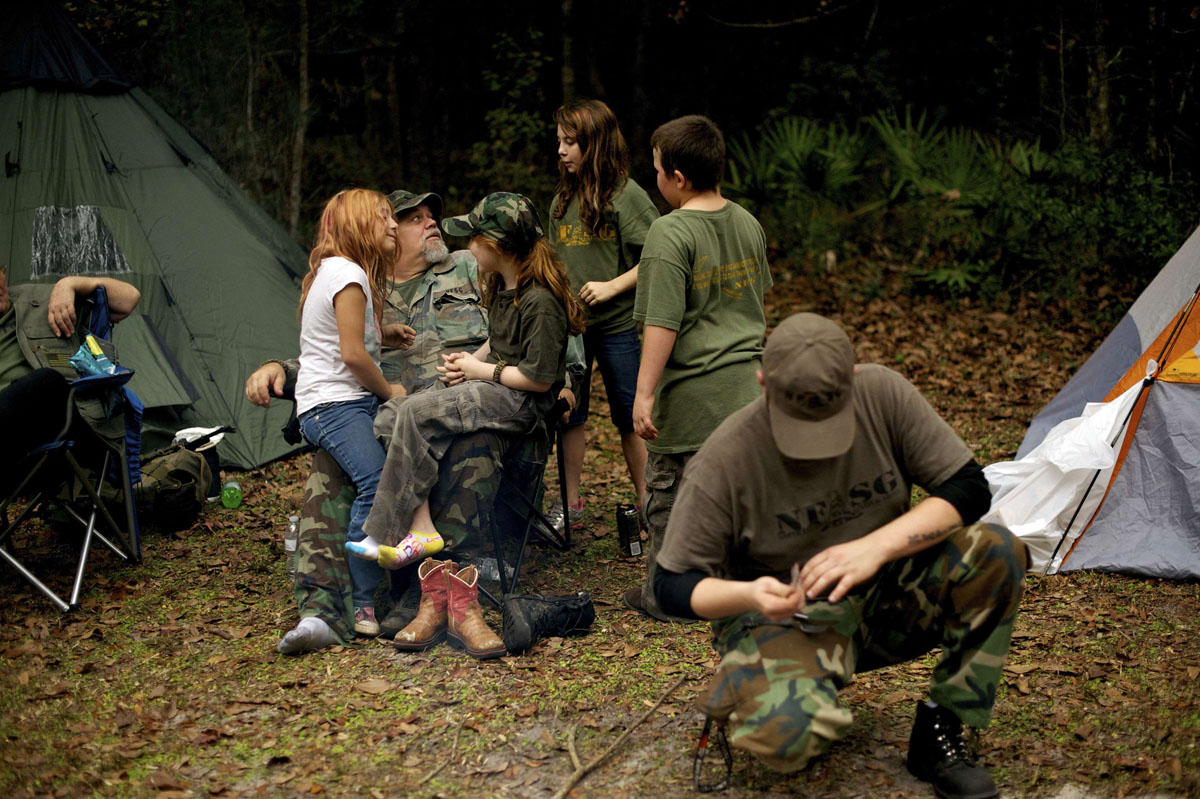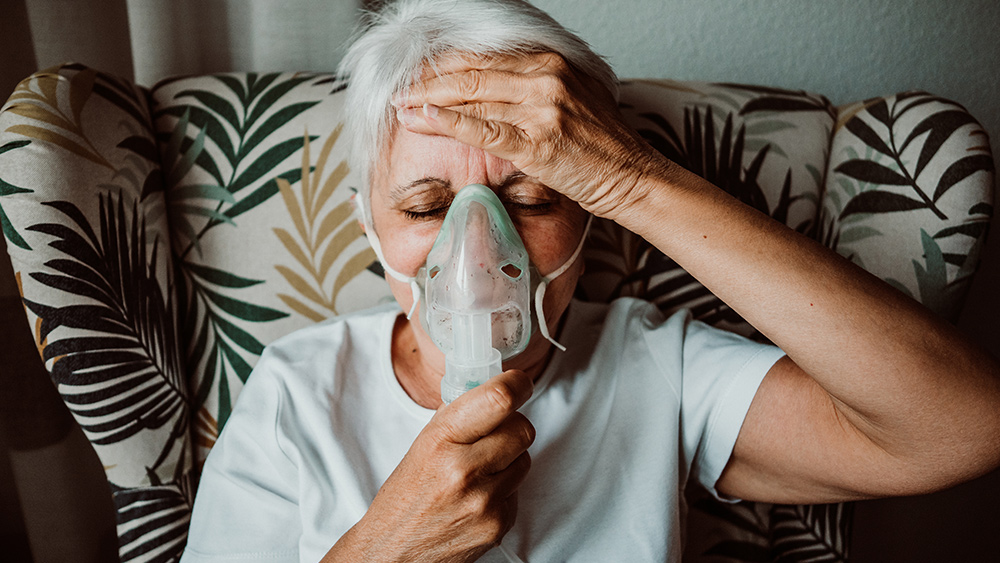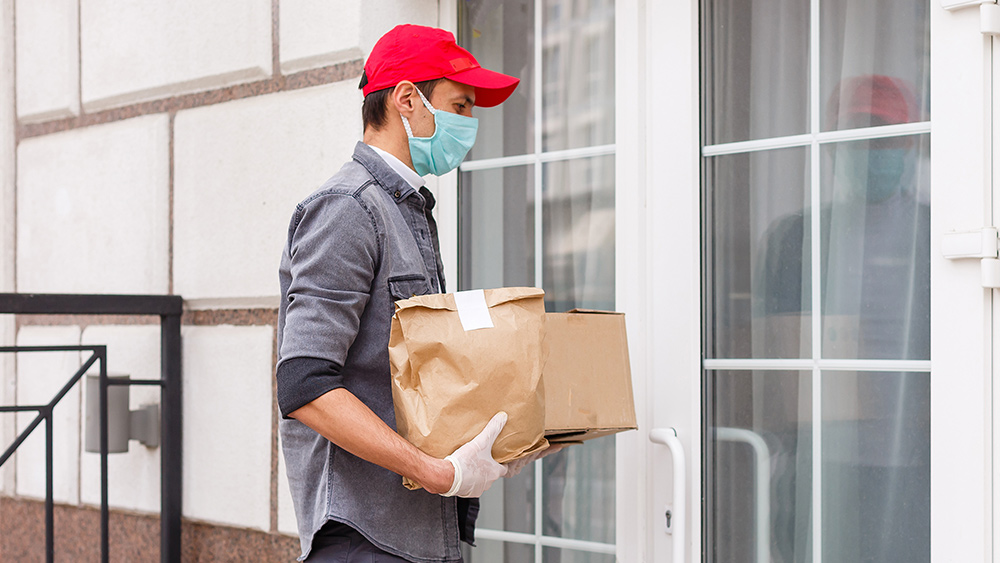U.S. headed for “unprecedented housing crisis” as mass evictions loom
04/09/2020 / By Isabelle Z.
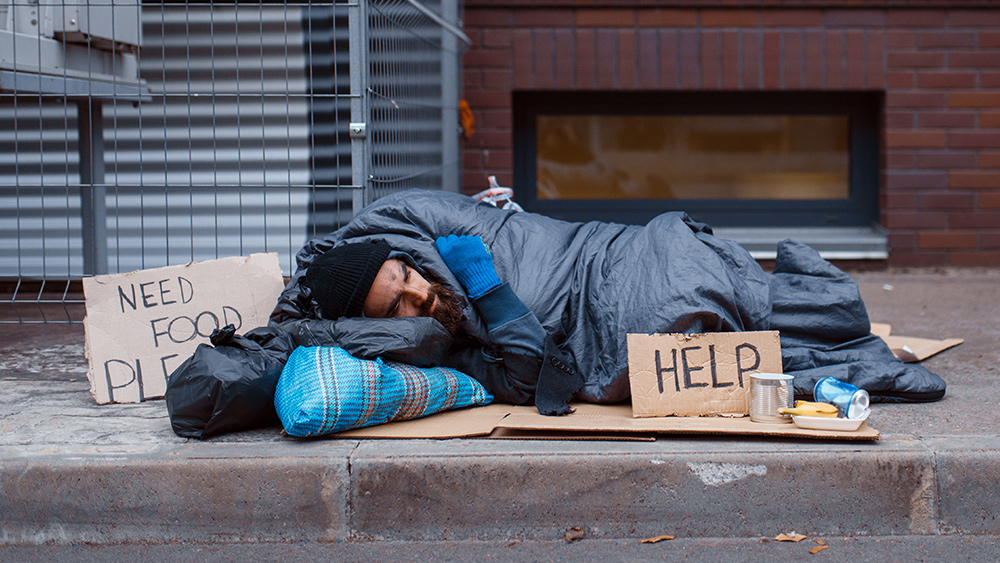
The U.S. is on its way to what experts term an unprecedented housing crisis as a huge wave of evictions looms – and measures like temporary bans in some places aren’t going to help much in the long term.
Princeton University’s Eviction Lab tracks eviction policies and trends at the state and federal levels, and they say that the current policies aren’t going to do enough to stop people from becoming homeless as a result of the coronavirus crisis and its economic disruptions.
While the relief bill that was passed in March by Congress will stop foreclosures on any federally-backed mortgage loans for a period of 60 days, that only covers around 30 million homeowners. Moreover, its prohibition of rental evictions for 120 days on properties that are secured by government-backed mortgages only covers around half of all multifamily homes.
Beyond those measures, renters don’t have a lot of protection in many states. While policies are constantly evolving in response to the crisis, just 14 states have actually barred landlords from formally starting the eviction process so far. What many of them are doing is simply delaying hearings until after their state’s emergency declaration has been lifted.
So far, just 21 states and the District of Columbia have halted the execution of eviction orders that were issued prior to the coronavirus outbreak. In all the other states, a family that was legally evicted in February could well be evicted physically today.
Some states have put conditions on receiving the protections offered to renters. For example, places like California and Florida require tenants to demonstrate that they have been negatively affected by the virus – whether it’s the disease itself or the business closures it brought – in order to be protected from an eviction. They may need to present unemployment filings or proof of job termination to benefit, but the closure of most courts to in-person hearings makes doing so complicated.
Millions of Americans were already facing eviction before the outbreak
Unfortunately, this is coming at a time when millions of Americans were already on the brink of eviction, with rising rents and stagnant wages leaving roughly 25 percent of renters spending more than half their income on housing alone.
Before the outbreak, 300,000 evictions were filed in a typical month in America, and with the nearly 10 million unemployment claims seen last month, that number would have skyrocketed had the interventions not been put in place. At the end of March, 44 percent of New Yorkers said they expected to have problems paying their rent for April.
What can be done to alleviate the situation?
The Eviction Lab researchers say that states have tools that can help to prevent mass evictions and homelessness. For example, they could take broader steps to freeze all evictions during this state of emergency and extend it to cover those cases where orders have already been given by the court. They could also get rid of late fees for renters.
They point to California, where a time frame has been set to pay back any rent and mortgage arrears so families won’t be evicted right away when the state of emergency is lifted. They could even issue rent and mortgage freezes until the pandemic ends.
And while Congress doesn’t have as much leverage over landlords as it does the banks that sell mortgages, it could, for example, provide more funding to rental assistance programs to make sure every family who qualifies for housing aid can actually get it.
If action isn’t taken soon, they warn that our country could see a huge outbreak of homelessness and all the negative problems that come with it.
The Special Rapporteur on Housing of the UN has said that our homes are the “first line of defense against the COVID-19 outbreak” as people are being directed to work from home, self-isolate at home, and stay home in general. What will happen when millions of people have no home from which to do all this?
Sources for this article include:
Tagged Under: Collapse, coronavirus, covid-19, economy, evictions, finances, homeless, housing, housing crisis, landlords, outbreak, pandemic, rent, risk
RECENT NEWS & ARTICLES
COPYRIGHT © 2017 COLLAPSE.NEWS
All content posted on this site is protected under Free Speech. Collapse.news is not responsible for content written by contributing authors. The information on this site is provided for educational and entertainment purposes only. It is not intended as a substitute for professional advice of any kind. Collapse.news assumes no responsibility for the use or misuse of this material. All trademarks, registered trademarks and service marks mentioned on this site are the property of their respective owners.




